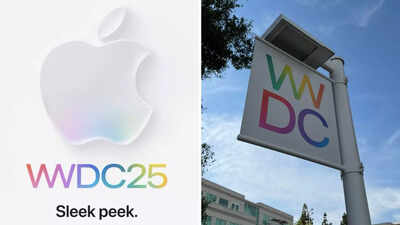
In today’s competitive business landscape, companies must find innovative ways to connect with their audience. Event marketing has emerged as a powerful strategy to promote products, services, and brands. From trade shows to webinars, events create opportunities for businesses to engage directly with customers, foster relationships, and enhance brand loyalty. This post delves into the significance of event marketing and how it can benefit businesses.
1. Building Brand Awareness
One of the primary goals of event marketing is to increase brand visibility. When businesses host or participate in events, they can showcase their products and services to a targeted audience. This direct interaction helps potential customers understand the brand better, leading to improved recognition and recall.
- Case in Point: According to a study by Event Marketer, 84% of consumers have a more positive opinion of a brand after attending an event.
2. Generating Leads
Events provide an excellent platform for lead generation. By capturing attendee information during registration, businesses can build a database of potential customers. Moreover, engaging interactions at events can lead to quality leads that are more likely to convert into sales.
- Tip: Implement lead capture strategies, such as digital sign-ups or business card exchanges, to streamline the process.
3. Enhancing Customer Engagement
Events create unique opportunities for businesses to interact with their audience. Engaging attendees through workshops, presentations, or networking sessions fosters a deeper connection with the brand. This personal interaction can lead to higher customer satisfaction and loyalty.
- Insight: According to a report by HubSpot, 69% of marketers say that events are an effective way to generate leads and build relationships.

4. Showcasing Expertise
Participating in industry-related events allows businesses to position themselves as thought leaders. By presenting expert knowledge, conducting workshops, or speaking at conferences, companies can establish credibility and gain the trust of their audience.
- Example: A tech company might host a seminar on the latest industry trends, showcasing their expertise while engaging with potential clients.
5. Networking Opportunities
Events provide a unique environment for networking. Businesses can connect with other professionals, industry leaders, and potential partners. Building relationships through networking can lead to collaborations and opportunities that may not arise in other settings.
- Strategy: Utilize social media platforms like LinkedIn to connect with attendees and continue the conversation post-event.
6. Measuring Success
Event marketing also offers the advantage of measurable results. Businesses can track attendance, engagement levels, and leads generated to assess the effectiveness of their event marketing strategies. This data can inform future marketing efforts and help refine event strategies.
- Metrics to Track: Consider measuring attendee feedback, social media mentions, and post-event sales to gauge success.
Conclusion
In conclusion, event marketing plays a crucial role in enhancing a business’s visibility, engagement, and lead generation. By creating meaningful experiences for customers and prospects, businesses can strengthen their brand and foster long-term relationships. As the landscape of marketing continues to evolve, integrating event marketing into your overall strategy can yield significant benefits.















Be the first to leave a comment